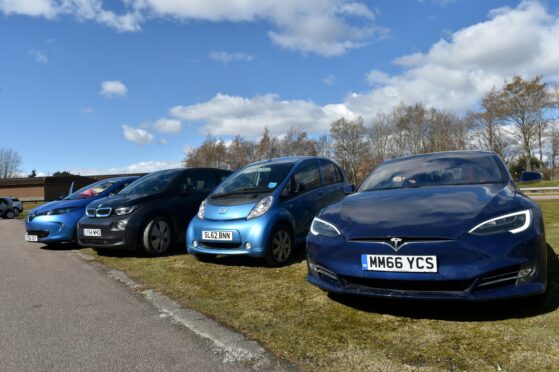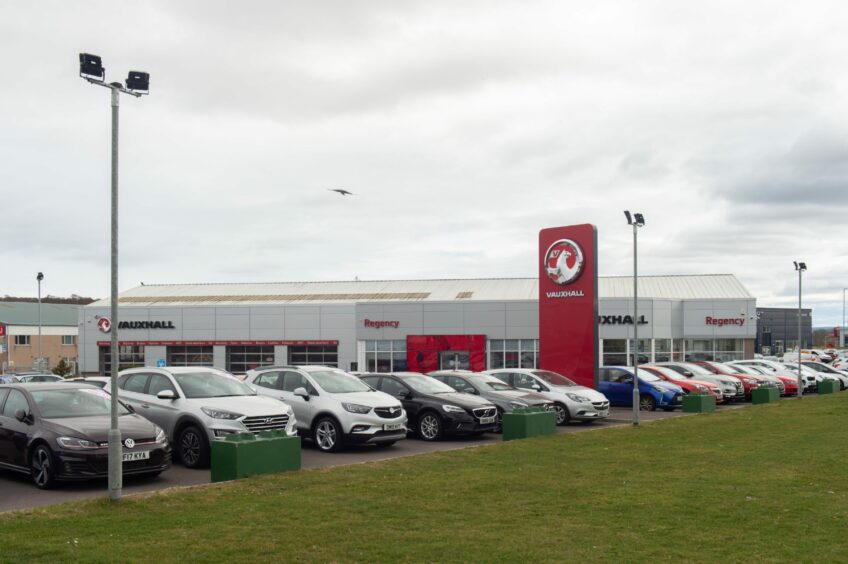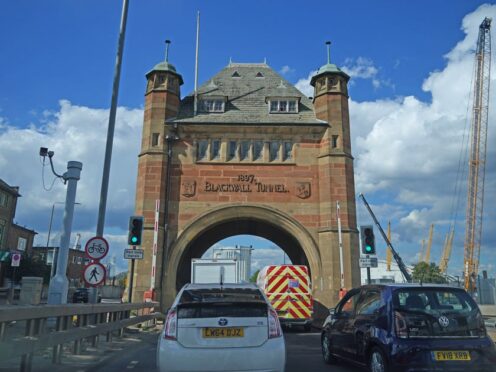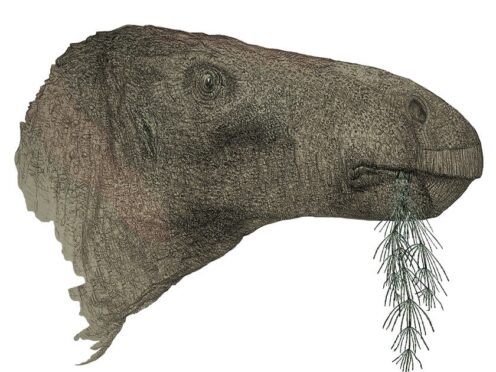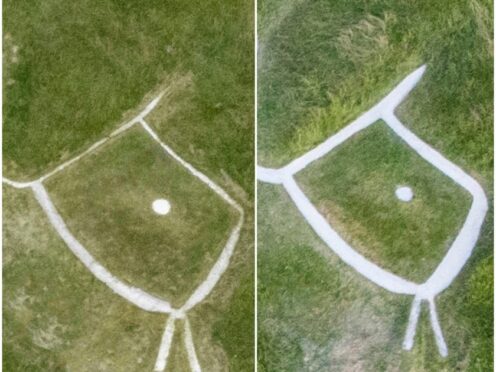A new survey conducted by the motoring association, AA, has revealed that one in 10 drivers are planning for their next car to an electric vehicle within five years.
While petrol remains the most popular type of car for drivers to purchase, electric vehicle (EV) purchases have been rising as drivers and countries become more aware of climate change.
It also signals what the AA claim is the “nail in the coffin for diesel ownership”, as the survey shows a decline in people wanting diesel cars.
The poll of over 15,500 drivers in the UK found that only 22% of respondents would likely buy a petrol car in the next five years.
Over 58% of drivers currently own a petrol-powered vehicle, which shows a decline in popularity.
The data also revealed there would likely be a rise in the popularity of hybrid cars with 19% in the next five years compared to only 3% now.
The purchase of EVs is also likely to rise among drivers, with 10% of respondents saying their next vehicle purchase would be an EV.
Compared to the current figure of only 1% of drivers that own an electric vehicle.
However, the survey showed a sharp decline in drivers who would choose a diesel car in the next five years from 38% currently to 9%.
One in 10 likely to buy electric car next
In 2021, EVs made up 11.6% of new car registrations compared to 6.6% in 2020 and new EV sales outsold diesel in January 2022.
To help ease the transition from fuel-powered vehicles to EVs, AA has launched an advertising campaign.
Using the AA resident dog, Tukker, the campaign highlights how the AA can help EV drivers who need roadside assistance.
This will ease the public’s concerns about what would happen if their electric vehicle developed a fault when on the road.
Edmund King, AA president, said: “One in 10 drivers saying they will actively choose an electric vehicle for their next car is a great step towards cleaning up the UK’s road-based transport system.
“The electric revolution is in good health, but with a large group of drivers unsure which drivetrain to choose next, we know that some drivers need help and reassurance that, should they switch, the AA will be able to help them throughout their ownership.
“As the UK’s number one for EVs, with more EV trained Patrols than anyone else, we’re giving power to electric drivers so potential owners or long-standing EV drivers, can trust us to support them throughout their electric dream.”
